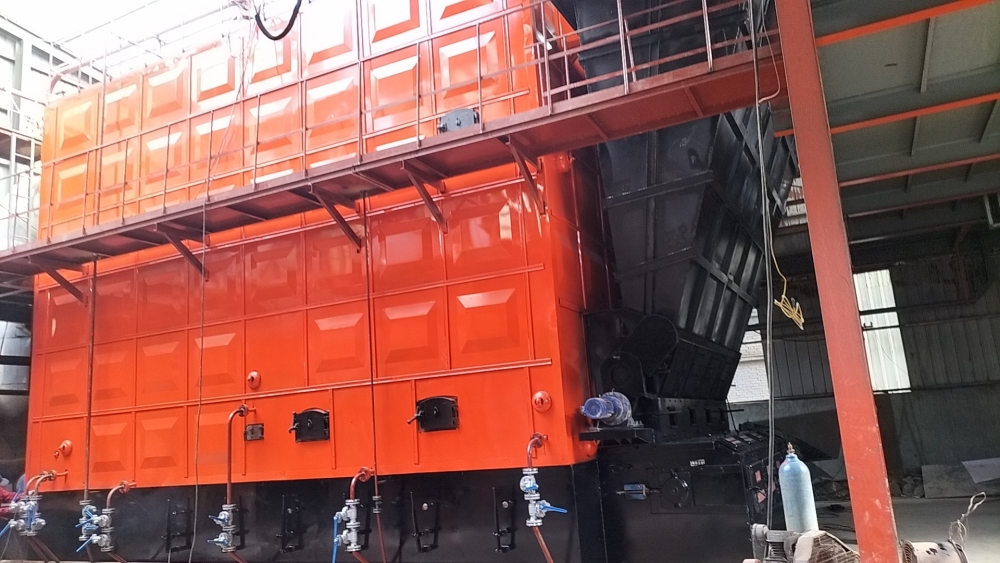
নভে. . 18, 2024 06:26 Back to list
calculating expenses for replacing a hot water boiler system in your home
The Cost of Hot Water Boiler Replacement Understanding Factors and Budgeting
Replacing a hot water boiler can be a significant investment for homeowners. While it is essential for maintaining comfort and efficiency in the home, the costs associated with this replacement can vary widely based on several factors. Understanding these factors will help homeowners budget effectively and make informed decisions about their heating systems.
Factors Affecting the Cost
1. Type of Boiler The cost of replacement largely depends on the type of boiler being installed. Conventional boilers, combi boilers, and system boilers all have different price points. For instance, a combi boiler, which provides both heating and hot water without the need for a separate water tank, may be more expensive initially but can save on space and energy costs in the long run.
2. Boiler Efficiency and Size High-efficiency models generally have a higher upfront cost, but they can lead to significant savings on energy bills due to their lower operational costs. Additionally, the size of the boiler is crucial; an oversized boiler can lead to inefficiencies, while an undersized one may not meet your heating demands. Proper sizing may require a professional assessment, which can add to the overall cost.
3. Installation Costs The complexity of the installation can also affect the total cost. If your existing boiler requires extensive modifications to plumbing or electrical systems, or if new ventilation systems need to be installed, the installation costs can rise sharply. Labor costs vary by location and contractor, so it’s wise to get multiple quotes to ensure a competitive price.
4. Removal of Old Boiler The disposal of the old boiler can incur additional costs. This includes labor for removal and any fees associated with environmentally responsible disposal. It's essential to include this in your budget.
cost of hot water boiler replacement

5. Local Regulations and Permits Depending on where you live, there may be local building codes and regulations that require permits for installing a new boiler. These permits can come with fees, and any additional work needed to meet code can add to your costs.
6. Energy Source The type of fuel used (gas, electric, oil, or renewable sources) can also influence overall expenses. Gas boilers often have lower operational costs compared to electric ones, but the initial installation might be higher if gas lines don't already exist in your home.
Budgeting for Replacement
To effectively budget for a hot water boiler replacement, start by getting an estimate. Contact several reputable HVAC contractors to assess your needs and provide quotes. Be sure to ask for a breakdown of costs to understand what factors contribute to the total price.
Additionally, consider financing options. Some manufacturers or contractors offer financing plans to help spread the cost over time. It might also be worth looking into available rebates or tax credits for energy-efficient models, which can significantly offset the initial investment.
Finally, prioritize regular maintenance for your new boiler to extend its lifespan and ensure it operates efficiently, saving you money on repairs and energy bills in the long run.
In conclusion, while the cost of replacing a hot water boiler can be substantial, understanding the contributing factors and planning accordingly can help homeowners manage their budgets effectively and make smart decisions for their heating needs.
-
How to Maintain a Steam Boiler Expert Tips for Efficiency & Longevity
NewsApr.29,2025
-
Professional Steam Boiler Service AB Expert Maintenance & Repair
NewsApr.29,2025
-
Hot Water Steam Boilers Efficient Heating Solutions & Expert Tips
NewsApr.29,2025
-
Hot Water Boiler Capacity Calculation Guide Efficient Design Tips
NewsApr.28,2025
-
How to Drain a Steam Boiler Step-by-Step Safety Guide
NewsApr.28,2025
-
How to Install a Hot Water Boiler Optimal Pressure & Efficiency Guide
NewsApr.28,2025
Related PRODUCTS






















